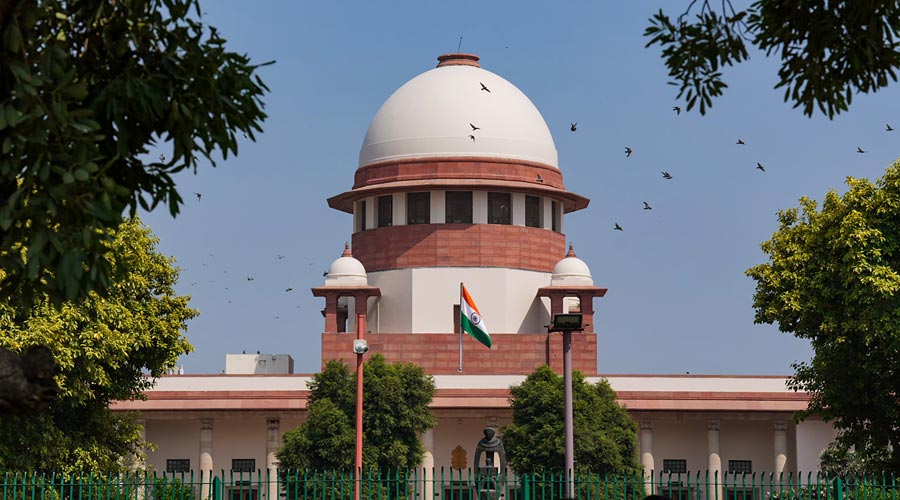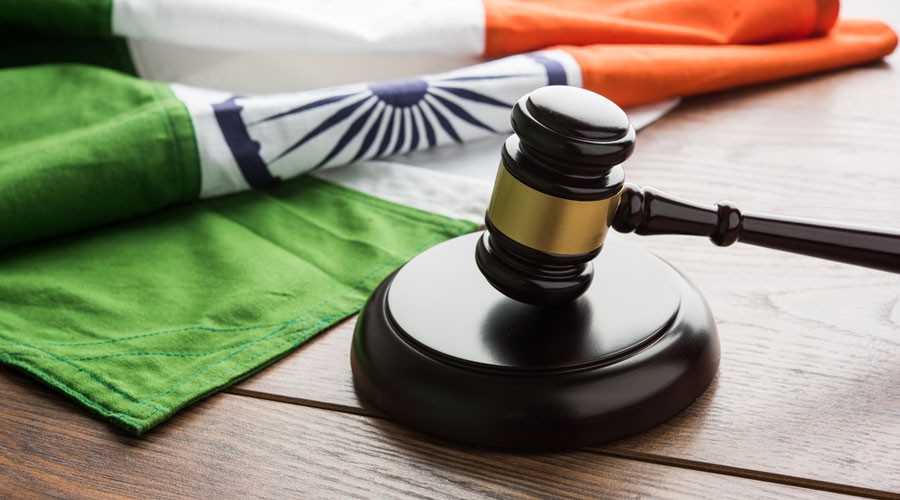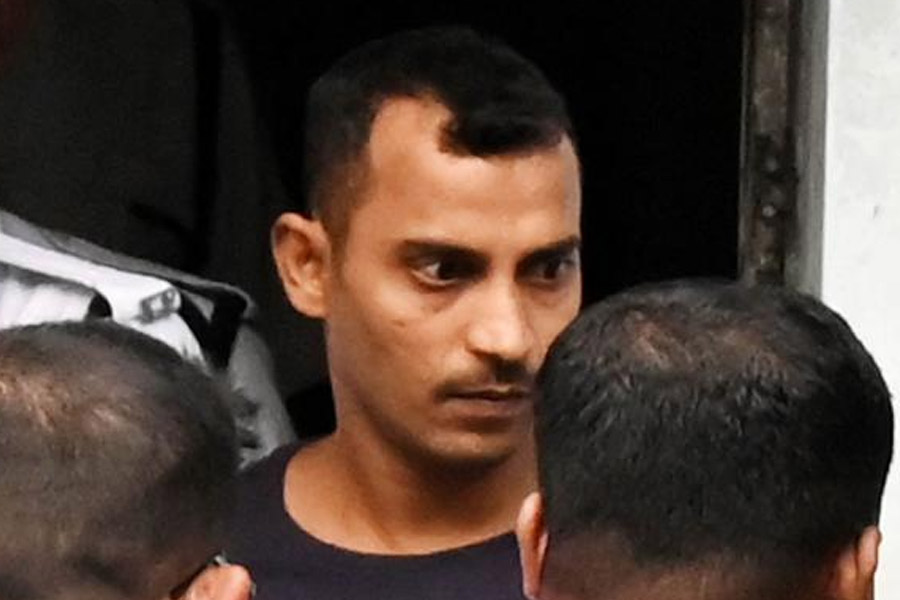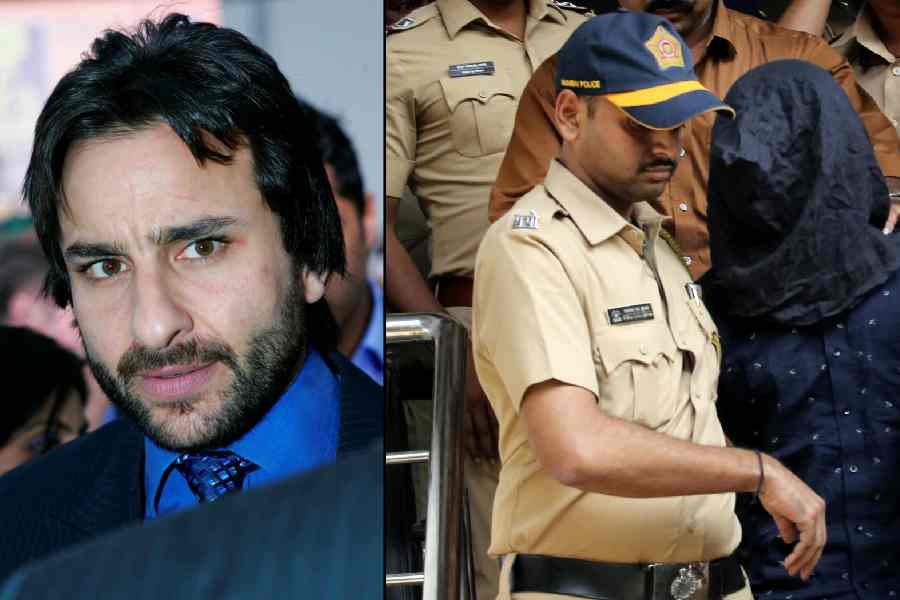The Supreme Court has put in place guidelines to curb the practice of filing chargesheets before investigations are complete with the sole objective of keeping an accused in judicial custody beyond the prescribed limit.
The apex court on Wednesday ruled that investigating agencies like the CBI and police cannot seek detention of an accused in judicial custody beyond the statutory period of 60-90 days if the chargesheet has not been filed within this window.
The court also said the agencies cannot resort to unfair practices like filing supplementary chargesheets to scuttle the release of such prisoners. The court said “certain checks and balances” needed to be wielded on investigating agencies to “prevent the harassment of accused persons”.
A bench of Justices Krishna Murari and C.T. Ravi Kumar pointed out that the right to seek default bail for failure to file a chargesheet within the stipulated period is both fundamental and statutory.
The bench issued the following guidelines:
■ Without completing the investigation, a chargesheet or prosecution complaint cannot be filed by an investigating agency only to deprive an arrested accused of their right to default bail under Section 167(2) of the CrPC.
■ Such a chargesheet, if filed by an investigating authority without first completing the investigation, will not extinguish the right to default bail.
■ The trial court in such cases cannot continue to remand an arrested person beyond the maximum stipulated time without offering them default bail.
The court said the statutory time frame prescribed for remand for the purposes of investigation cannot extend beyond 90 days in cases where the probe relates to an offence punishable with death, imprisonment for life or imprisonment for a term of not less than 10 years. The remand window is 60 days for any other offence.
The top court iterated that if a person is arrested and the investigation cannot be completed within 24 hours, the person has to be produced before the magistrate for remand under Section 167(2) of the CrPC.
The apex court passed the directives while disposing of a writ petition filed by Ritu Chhabaria under Article 32 (enforcement of fundamental rights), challenging the continued detention of her husband in judicial custody by the CBI. The agency has failed to file a chargesheet in a case relating to the Prevention of Corruption Act, instead repeatedly filing supplementary chargesheets to deny the accused the benefit of default bail.
“In the instant case, it is clear from the facts that during the pendency of the investigation, supplementary chargesheets were filed by the investigation agency just before the expiry of 60 days, with the purpose of scuttling the right to default bail accrued in favour of the accused. This factual position was missed by the trial court, and instead of offering default bail to the accused, the trial court mechanically accepted the incomplete chargesheets filed by the investigating agency, and further continued the remand of the accused beyond the maximum period specified,” the Supreme Court said.
“The investigating agency and the trial court, thus, failed to observe the mandate of law, and acted in a manner which was manifestly arbitrary and violative of the fundamental rights guaranteed to the accused,” Justice Murari, who authored the judgment, said.
The court said “the right of default bail under Section 167(2) of the CrPC is not merely a statutory right, but a fundamental right that flows from Article 21 of the Constitution”.
The top court pointed out that the process of remand and custody, in their practical manifestations, creates a “huge disparity of power” between the investigating authority and the accused.
“While there is no doubt in our minds that arrest and remand are extremely crucial for the smooth functioning of the investigation authority for the purpose of attaining justice, however, it is also extremely important to be cognizant of a power imbalance. Therefore, it becomes essential to place certain checks and balances upon the investigation agency in order to prevent the harassment of accused persons at their hands.”
In the case under consideration, an FIR had been lodged under Section 120(B) read with Section 420 of the IPC along with Sections 7, 12 and 13(2) read with Section 13(1)(d) of the Prevention of Corruption Act, 1988, wherein the writ petitioner’s husband was not named. The Supreme Court judgment does not name the man.
Subsequently, two supplementary chargesheets were filed. In the supplementary chargesheet dated May 26, 2020, the writ petitioner’s husband was made a prosecution witness. Multiple other supplementary chargesheets were later filed and the accused was not named in any of them.
The probe was then transferred to another investigating officer and the accused was arrested by the CBI and remanded in custody on April 28, 2022. Multiple other supplementary chargesheets were again filed, this time naming the accused as a suspect. The remand continued to be renewed from time to time and the accused was never released on default bail.
On February 20, the apex court intervened and granted the woman’s husband interim bail.
The bench rejected the arguments of the Centre and the CBI that the petitioner cannot directly invoke the jurisdiction of the apex court for grant of bail as she should ideally move the trial court or the high court.
“The relief of statutory bail under Section 167(2) of the CrPC, in our opinion, is a fundamental right directly flowing from Article 21 of the Constitution of India, and the violation of such a right, as mentioned above, directly attracts consideration under Article 32 of the Constitution,” the Supreme Court said.
“In such circumstance, we are not inclined to agree with the preliminary objections raised by the learned counsel for the respondent regarding the maintainability of this petition under Article 32 of the Constitution and the said objection, therefore, stands rejected,” Justice Murari said.











